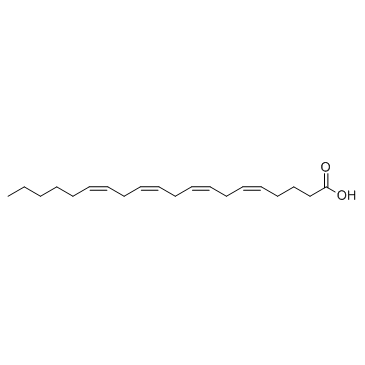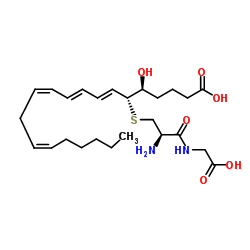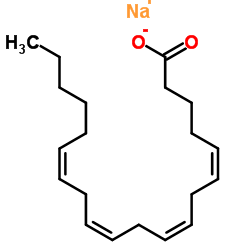| 结构式 | 名称/CAS号 | 全部文献 |
|---|---|---|
 |
花生四烯酸
CAS:506-32-1 |
|
 |
Leukotriene D4
CAS:73836-78-9 |
|
 |
花生四烯酸钠
CAS:6610-25-9 |